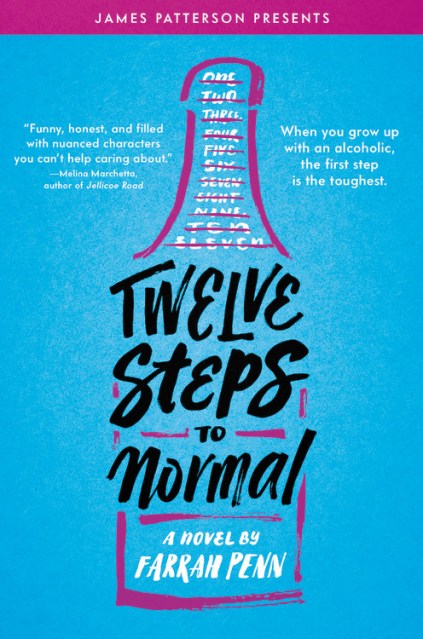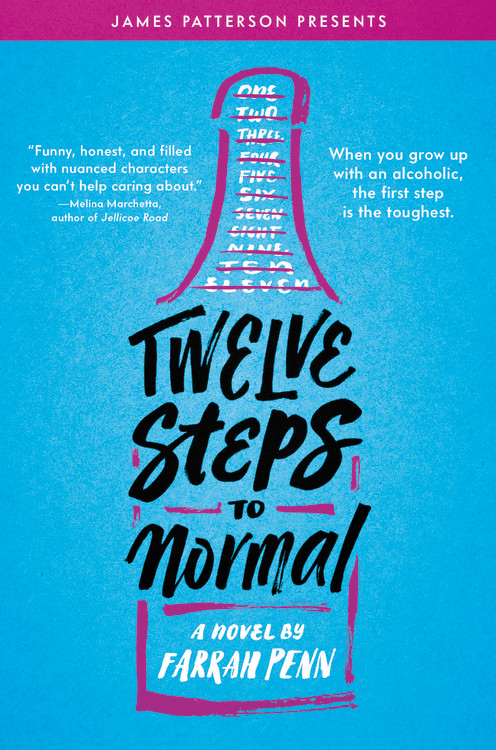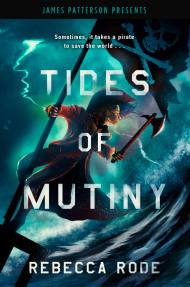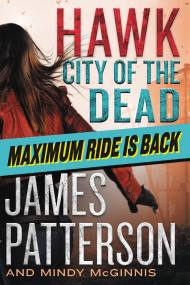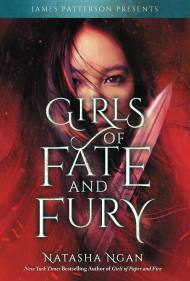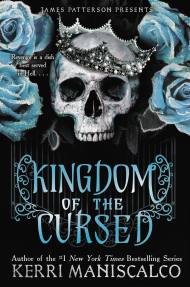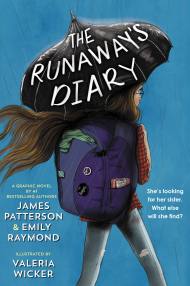Promotion
Use code MOM24 for 20% off site wide + free shipping over $45
Twelve Steps to Normal
Contributors
By Farrah Penn
Foreword by James Patterson
Formats and Prices
Price
$9.99Price
$12.99 CADFormat
Format:
- Trade Paperback $9.99 $12.99 CAD
- ebook $9.99 $12.99 CAD
- Hardcover $17.99 $23.49 CAD
- Audiobook Download (Unabridged)
- Audiobook CD (Unabridged) $25.00 $32.50 CAD
This item is a preorder. Your payment method will be charged immediately, and the product is expected to ship on or around March 13, 2019. This date is subject to change due to shipping delays beyond our control.
Also available from:
James Patterson presents Twelve Steps to Normal, an emotionally resonant novel that shows that while some broken things can’t be put back exactly the way they were, they can be repaired and made even stronger. Now available in paperback.
Kira’s Twelve Steps To A Normal Life
1. Accept Grams is gone.
2. Learn to forgive Dad.
3. Steal back ex-boyfriend from best friend…
And somewhere between 1 and 12, realize that when your parent’s an alcoholic, there’s no such thing as “normal.”
When Kira’s father enters rehab, she’s forced to leave everything behind–her home, her best friends, her boyfriend…everything she loves. Now her father’s sober (again) and Kira is returning home, determined to get her life back to normal…exactly as it was before she was sent away.
But is that what Kira really wants?
Life, love, and loss come crashing together in this visceral, heartfelt story by BuzzFeed writer Farrah Penn about a girl who struggles to piece together the shards of her once-normal life before his alcoholism tore it apart.
Genre:
- On Sale
- Mar 13, 2019
- Page Count
- 384 pages
- Publisher
- JIMMY Patterson Books
- ISBN-13
- 9780316471619
Newsletter Signup
By clicking ‘Sign Up,’ I acknowledge that I have read and agree to Hachette Book Group’s Privacy Policy and Terms of Use
